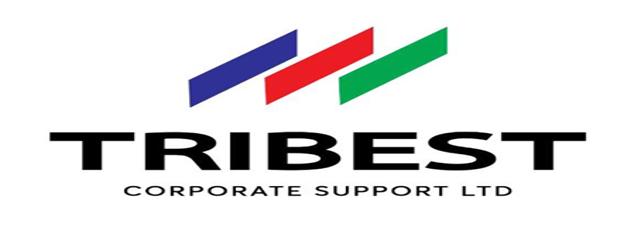Recruitment processes over time have become more rigorous thereby prompting recruiters to exploit both conventional and modern ways in filtering hundreds or even thousands of applications before selecting the best fits for the available roles.
A job assessment is one of the tools available to recruiters as it helps them vet and hire the best talents. Oftentimes, a majority of the candidate pool may have similar skill sets making a hiring decision incredibly difficult. Job assessment help narrow the search and simplify the hiring decision.
These tests vary based on industry, roles and required skills but generally evaluates the applicant’s personality, core competencies, soft skills and how well they will fit into not just the available roles but into the company’s culture.
What to expect in a job assessment:
While every job assessment is unique, here are five things you can expect to be evaluated for on any job assessment:
- Skills: Employers want to know how the knowledge you have gained from previous experiences showcase your abilities. For example, a job assessment test for a mobile application developer may present a series of codes and ask that the applicant find the error in the said code. The employer wants to see your ability to demonstrate the technical skills you’ve acquired throughout your education or career.
- Aptitude: The ability of an applicant to think critically and solve problems is paramount to employers. Aptitude may be measured by a set of psychometric tests. These tests generally consist of a set of numerical, verbal (reading comprehension) and logical (diagrammatic questions).
- Personality: Situation-based questions seek to probe deep into the applicant’s personality in order to get a better understanding of their behavioral tendencies. It is important to answer these questions truthfully as the same questions may be twisted in subsequent questions. It will not speak well to contradict yourself.
- Responsibility: How responsible a potential employee is, remains paramount to any employer. The employer wants to know that the potential employee is one to take ownership of their work and actions. For example, a question like how the applicant would, in the event that he is unexpectedly sick, handle the situation, and make sure his duties to the company does not suffer.
- Passion: Questions seeking to gauge the applicant’s passion for the role and the industry at large are not an uncommon feature of job assessment tests. Candidates who show their enthusiasm, interest, and dedication are more likely to stand out in a sea of applicants.
Tips for Acing Job Assessments - Be prepared: You must have heard the saying “Proper Preparation Prevents Poor Performance”. Get yourself prepared for the job assessment by taking practice tests until you feel you are really prepared.
- Be consistent: It is not unlikely that you will have some questions asked more than once using slightly different wordings. Providing inconsistent answers will give the recruiter the impression that you are lying or that you behave erratically.
- Be time conscious: Job assessment have preset time limits. It helps to know how long you have to spend on the test and with that knowledge, you can allocate the time you have to spend tackling each question.
- Be aware: Take your time to do basic research about the company, know what they do, the culture, and make sure your responses are in line with the company’s corporate style.
In conclusion, knowing what to expect from job assessments is the first step towards scaling the hurdle. We hope this helps you prepare for and ace your next job assessment.
Good luck!


Thank you Tribestsupport team. This was helpful